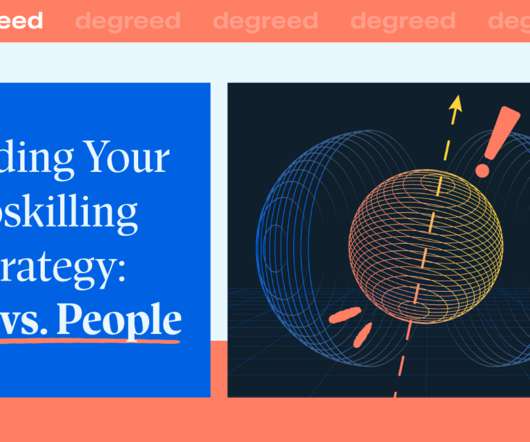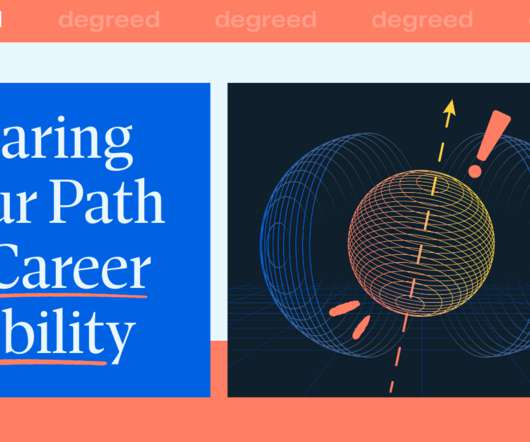Building Your Upskilling Strategy: Data vs. People
Degreed
JUNE 22, 2021
A quick web search shows that many people and organizations are thinking about the skills they’ll need in the future. This approach starts with your company’s business plan disaggregated into the top skills needed to support it, resulting in an organization-wide taxonomy for future skills. That’s all good news. Data-Driven.

















Let's personalize your content